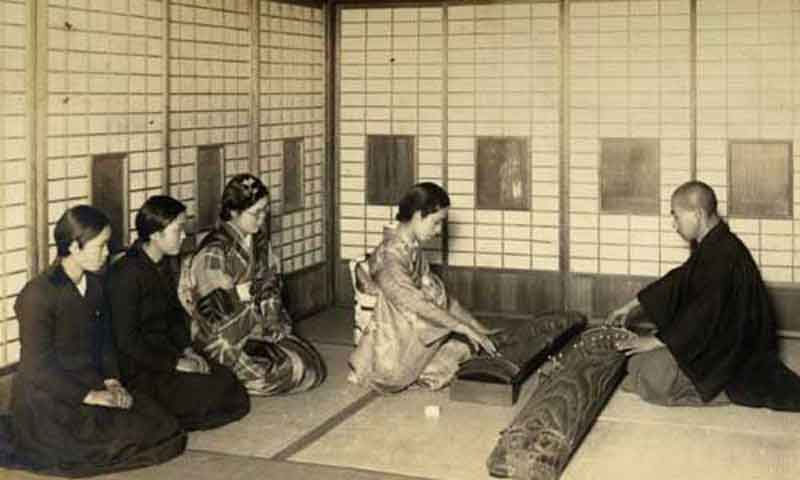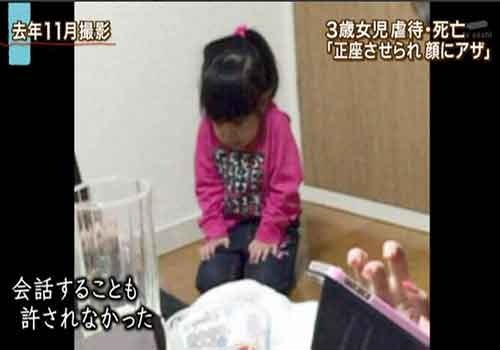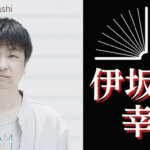
A welfare ministry panel said on December 3, that forcing children to sit for long periods of time in the formal Japanese seiza style will be recognized as a morally unacceptable form of punishment under a new law that will enter into force in April, according to The Japan Times.
The seiza style, in which a person kneels on the floor and sits back, resting their buttocks on their heels with the tops of their feet flat on the floor, is a traditional way of sitting on tatami mats, which was introduced after the Meiji Restoration. It is often practiced at formal ceremonies or when visiting temples, but can be painful over long periods of time.
The panel complied guidelines following a revision of the child abuse prevention law in June, which came in response to a number of fatalities in which parents or guardians had physically abused children in the name of discipline, including a case of death of 5-year-old girl after physical abuse and neglect by her family and a case of death of malnourished 3-year-old girl in Saitama prefecture after abuse by her mother and her partner. The guideline will be the first specific example of parental physical punishment to have been given by Japan’s government.

Under the new guidelines, “punishments that inflict bodily pain or cause uneasiness” will be discouraged, regardless of how lightweight the children are perceived to be or whether the parents concerned believe them to be disciplinary. The guidelines also list beating and spanking as unacceptable punishments.
The document also mention preferred ways to treat children, saying that parents should not compare their children unfavorably with others, and they should never tell their children, even jokingly, that they should not have been born.
Death of 5-year-old Yuna Funato
In March 2018, 5-year-old Yua Funato died in Meguro Ward, Tokyo, after writing desperate pleas for her parents to stop hurting her. Her stepfather, Yudai Funato, told a court he started assaulting Yua out of frustration over his unsuccessful attempts to discipline her. He was sentenced to 13 years in prison in October for physical abuse and neglect.
But a new law enacted in the wake of that case set no penalties for offenders, and there is a debate over whether Japan should maintain a civil code provision that grants custodians’ the right to discipline their children.
Soure: The Japan Times















































